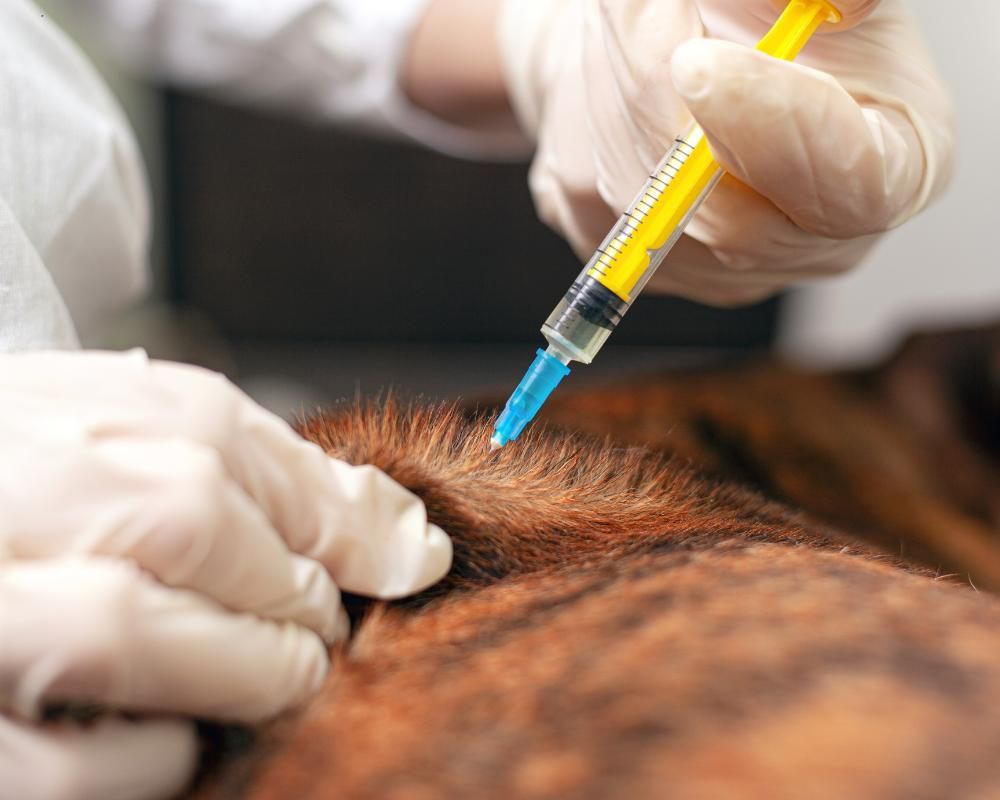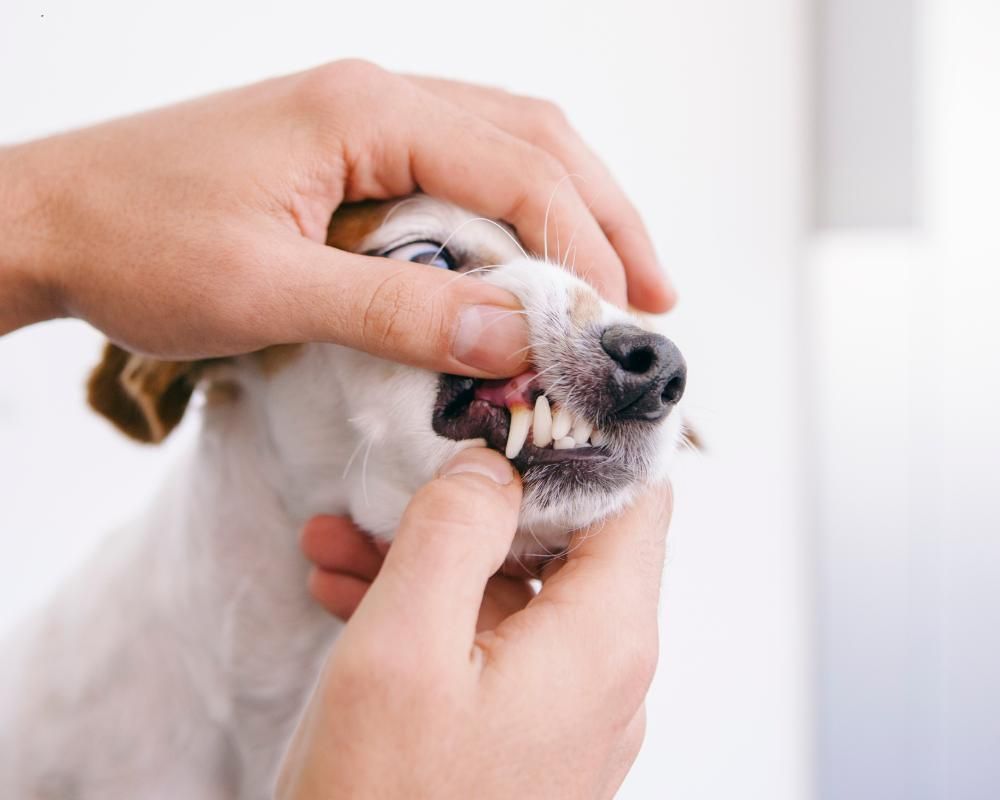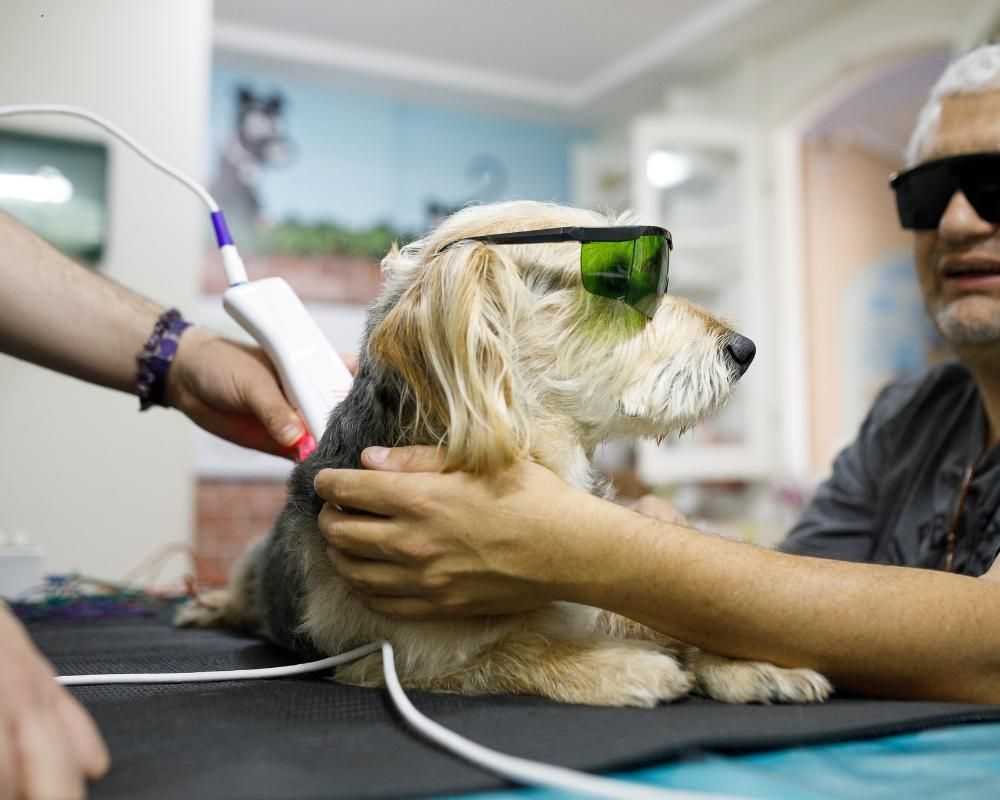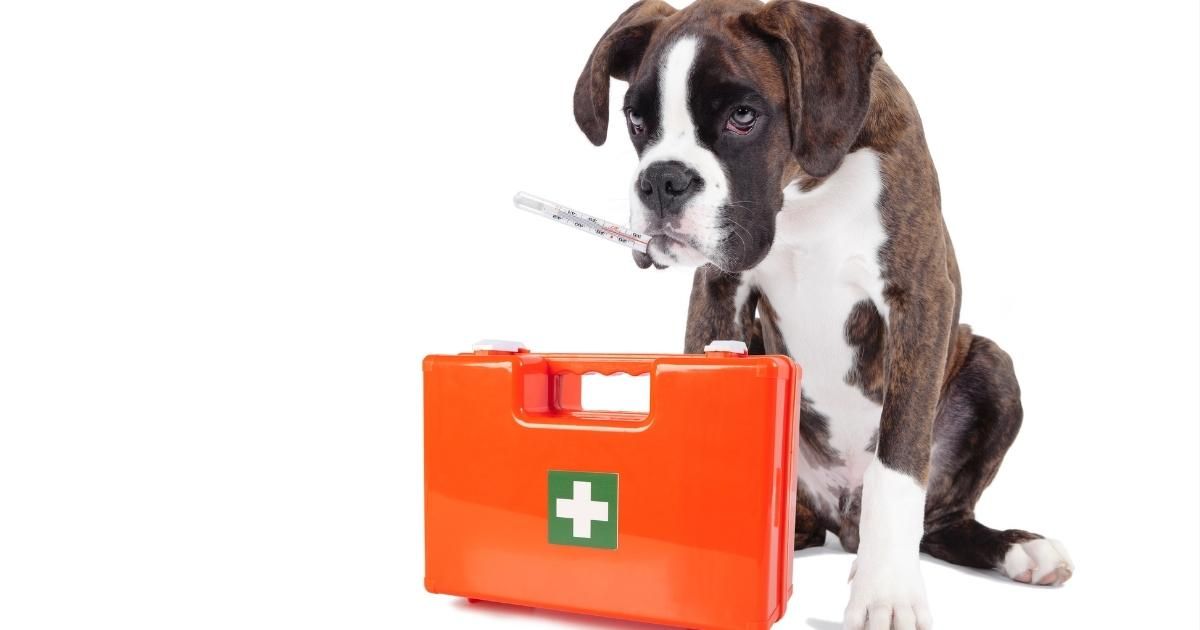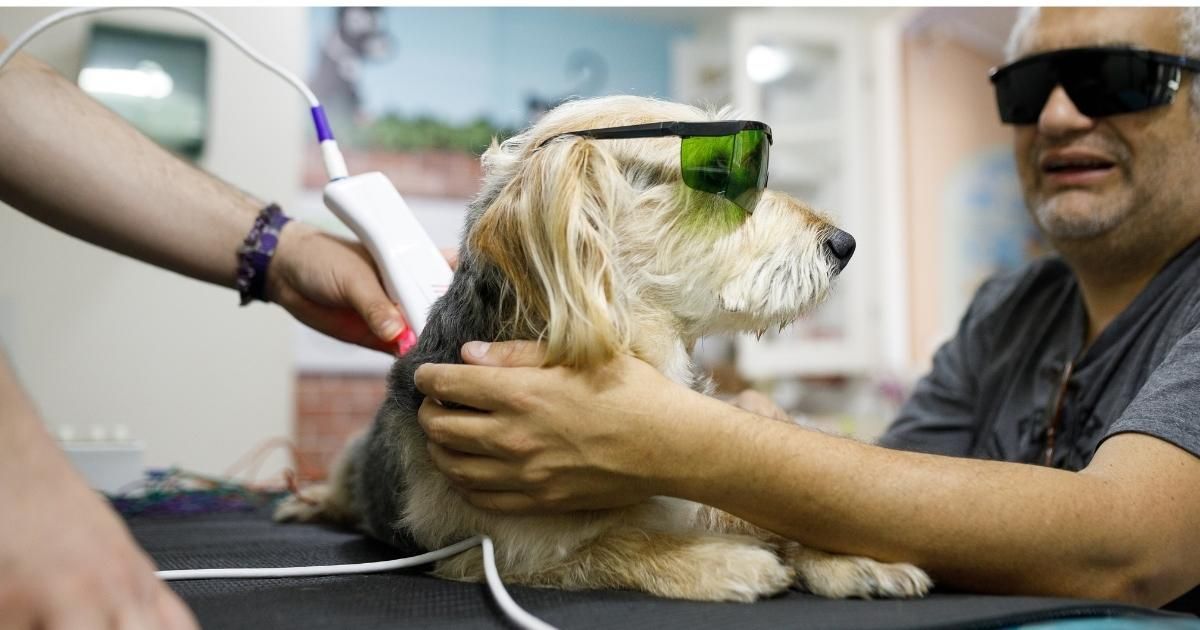The Dangers of Leaving Pets in Hot Cars: Heatstroke in Dogs & More
You feed your dog, play with them, make sure they see the vet yearly and when needed. It's undeniable, your pet is part of your family. So it makes sense you want to let them tag along when you're running errands and some dogs love going out and about.
But every summer, we see headlines about pets and children being rescued from cars after being left unattended. They suffer from heatstroke, dehydration, neurological damage, organ failure or even death.
These unexpected tragedies are absolutely preventable. In this blog post we're going to talk about several points including:
Do You Know How Detrimental Heat Can Be to Your Pets?

Humans sweat to regulate body temperature. Dogs pant.
Humans dress for the weather. Dogs always have a fur coat.
Breeds with smaller noses or brachycephaly such as Pugs, Bulldogs and Boxers make it harder for a dog to regulate their body temperature. When a dogs body temperature rises with no relief it can lead to problems with the circulatory system, organ damage and neurological damage. Symptoms can range from vomiting to disorientation, tremors, seizures and even death.
And 'cracking a window' doesn't really help, it can lead you to a false sense of security while providing no real protection or relief to your dog.
How Hot Can Your Car Get in Just a Few Minutes?
Cars are large metal boxes with several panels of glass that can act as magnifiers.
At 72 degrees Fahrenheit outside your car can heat up to 116 degrees within an hour
At 80 degrees Fahrenheit outside your car can heat up to 99 degrees in 10 minutes
At 90 degrees Fahrenheit outside your car can heat up to 130 degrees in 20 minutes
On top of the physical stress overheating can cause, the stress and anxiety your dog would be feeling will compound the physical issues that can include brain damage or death from heatstroke in as little as 15 minutes when left in a hot car.
What Does Heatstroke In A Dog Look Like?
The normal temperature for dogs falls in the range of 100.5 to 102.5 degrees Fahrenheit. Thermal injury and heat stroke in dogs happen when body temperatures fall in the range of 106-109 degrees Fahrenheit. Heatstroke in a healthy dog can happen in 15 minutes. Puppies, older dogs, and dogs with underlying health issues are even more prone to heatstroke.
Signs of heatstroke in dogs:
- Excessive panting or having hard time breathing
- Increased heart rate
- Mild weakness
- Stupor
- Drooling
- Collapse
A dog can also vomit, have bloody diarrhoea, and even seizures with a body temperature of over 104 degrees. It is possible for a dog to fully recover from a heatstroke – IF the sick dog has been noticed early and treated promptly. When heatstroke in dogs remains untreated, full recovery rarely happens. Most dogs will suffer with long term effects of heatstroke when organs have been damaged permanently requiring lifelong treatment.
Preventative Steps For Your Furry Traveler
Is there any way to help your dog be more comfortable when you can't take them in? While there is always a risk when leaving your pet unattended, there are some steps you can take to protect your pet, yourself and your car.
Have a preprinted note with your contact information on your dashboard. Provide your phone number for law enforcement to call should they be called, your pets name and that your dog is used to being in the car and is probably not in any danger.
Check on your dog frequently, such as every 15 minutes.
Park in the shade when possible.
Make sure your dog has water.
Use reflective window shades.
Use white seat covers if you have dark interiors.
More advanced options include using a remote start or a locked door/spare key combo or steering wheel lock which allows you to cycle your car AC on and Off. Products like Breezeguard offer large window screens that allow you to safely and (mostly) securely being able to create more air flow and roll your windows down farther.
Can I Leave My Dog In The Car When It's Cold?
Cars are like ovens - And refrigerators?
Just like cars can heat up quickly in summer, they can get pretty cold quickly in winter too. Some dogs, such as Husky's are built to withstand colder climates and don't mind a nap in a chilly car but smaller breeds, those with thinner or short haired coats can quickly suffer from hypothermia. Like kids, it can be a delicate balance between dressing your dog for the cold and overheating when the heat is on. If you must leave your dog in the car in winter, do it for only short stops and be prepared. Make sure your dog has blankets to burrow into to trap in their own body heat.
Chipman Road Animal Clinic: #1 Animal Care Clinic in Lee’s Summit
The long term effect of heat stroke in dogs is serious. If you see heat stroke symptoms in your dog for any reason, contact Chipman Road Animal Clinic hospital immediately for emergency heat stroke recovery. 816-524-1886! Our excellent veterinarians will care for all of your pet’s health care needs including:
- Dental care
- Flea and Tick control
- Microchipping
- Puppy and Kitten care
- Spay and Neuter
- Vaccinations
- Wellness exams
Chipman Road Animal Clinic is the #1 animal care clinic serving all of Lee’s Summit, MO and the surrounding areas. Our open door policy allows you to stop in when you need advice or emergency help. No appointment is needed. We are located at 211 NW Chipman Road in Lee’s Summit, MO 64063. Call us at
816-524-1886 .


